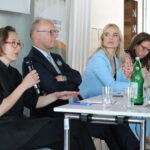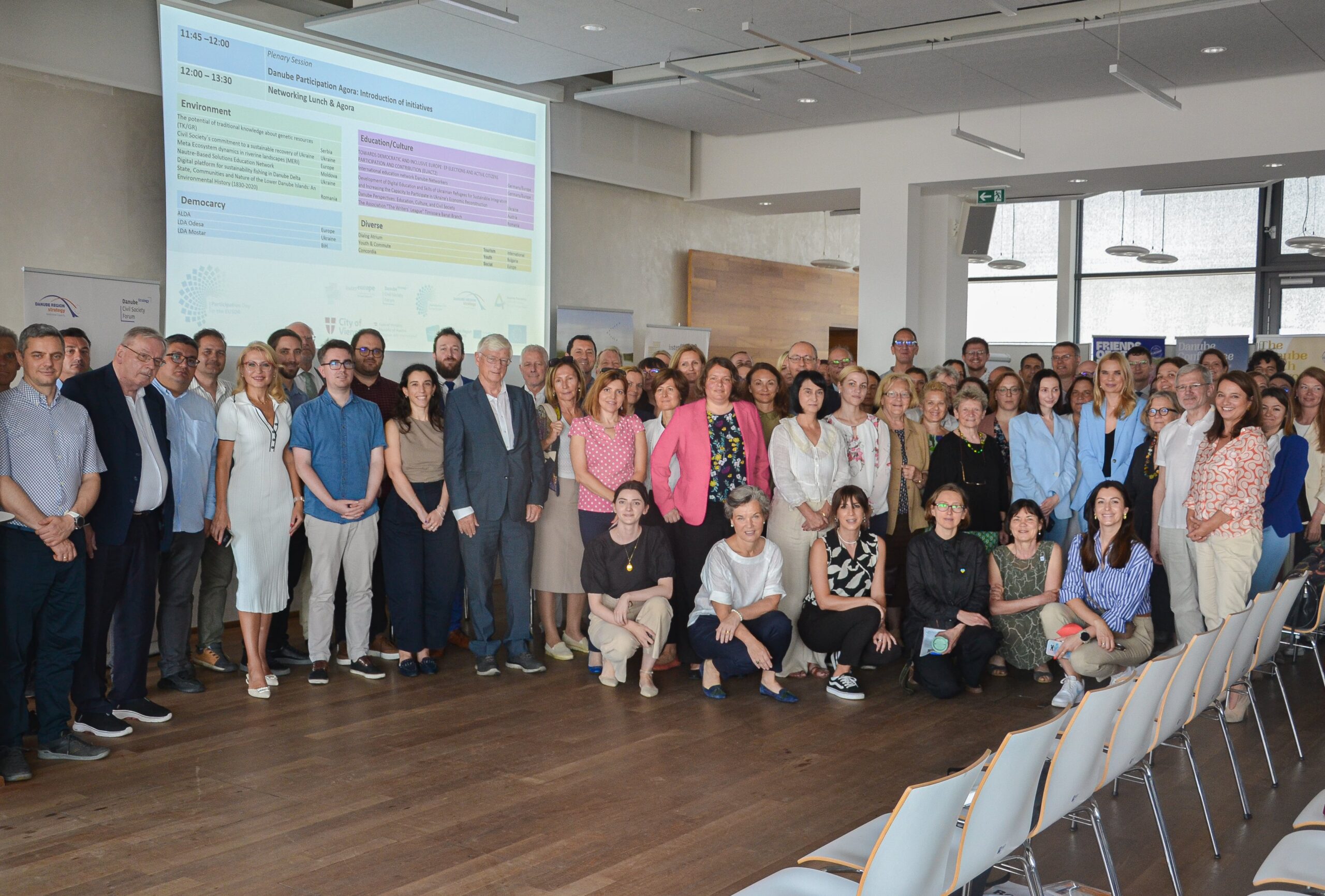PHOTO: 11TH DANUBE PARTICIPATION DAY, 2024 | ANDREJ MARUSKA
The 11th Danube Participation Day: Creating change for successful EU enlargement – How can we work together for a sustainable, resillient and stable transition in Ukraine and beyond? took place on 19 June in Vienna, Austria. Alongside two pannels and an agora, the participants had the opportunity to participate in three Transition Labs who addressed topics previously discussed in preparartion rounds. The Transition Labs aimes to identify needs, solutions and good practices addressing the topics of funding, capacity building and participation. The overall results of the Labs can be found in the summaries below:
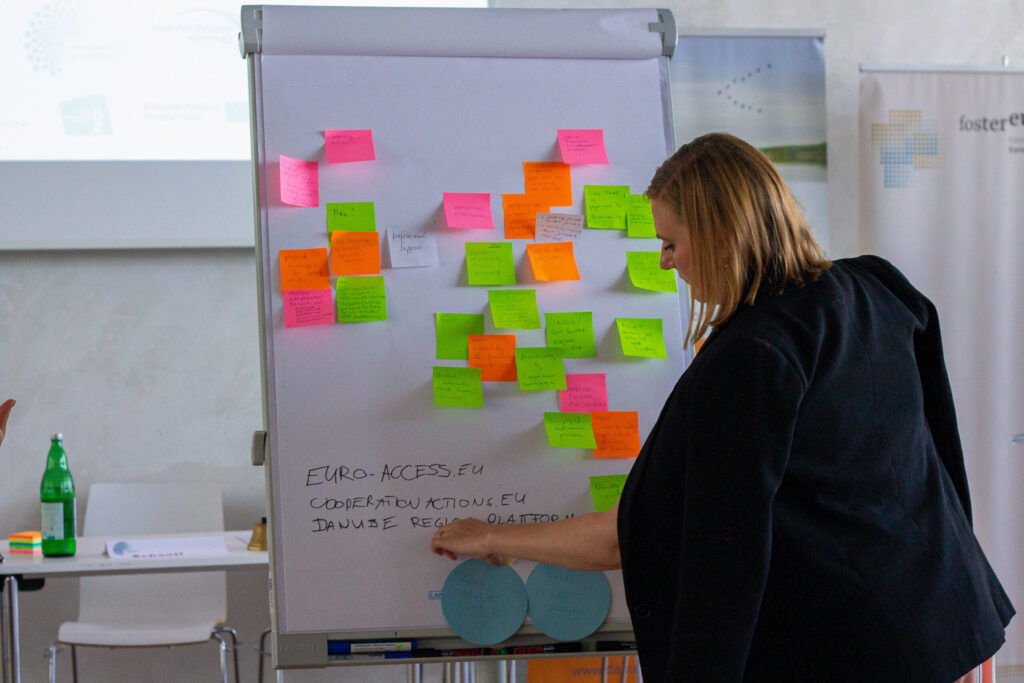
TRANSITION LAB 1 | 11TH DANUBE PARTICIPATION DAY, 2024
Transition Lab 1: Funding for Civil Society and Local Actors
To support civil society and local actors, it is essential to provide flexible, easy-access funds and small project funding with simplified reporting procedures. Comprehensive support throughout the funding process, including technical and capacity-building assistance, is vital. Peer-to-peer exchanges and mentoring programs can enhance knowledge and capabilities. Visibility of funding sources needs improvement, with efforts to reach out to politicians and simplify funding procedures, especially for smaller organizations. Public-private partnerships should have less bureaucracy, and adaptive processes should be in place to handle funding complexities. A FAQ chatbot and National Contact Points can offer transparent and accessible information. Additionally, platforms such as KEEP.eu for projects and VIMA for information on alternative funding are of great value.
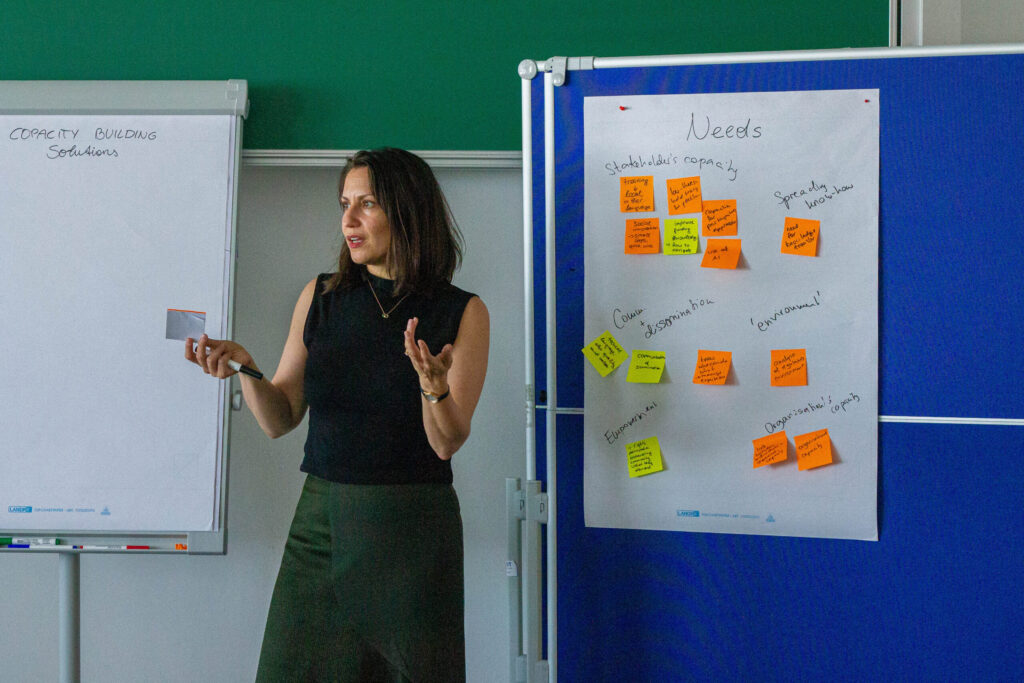
TRANSITION LAB 2 | 11TH DANUBE PARTICIPATION DAY, 2024
Transition Lab 2: Capacity Building
Effective capacity building requires targeted training in local languages, social innovation, and participatory approaches. Spreading know-how and improving communication and dissemination are critical. Empowering communities and enhancing organisational capacity are key goals. Solutions include flexible academic training, online courses on sustainable funding, and permanent budgets for capacity building. Transferring project results through networking, improving funding knowledge, and creating funding platforms can enhance capabilities. Better use of social media, targeted communication, and organisational memory practices can ensure knowledge retention and growth. Engaging local communities through sub-granting and legislative empowerment is also crucial. Furthermore, good practices such as MINE initiative and LDA Mostar which led to community engagement are very good step forward.
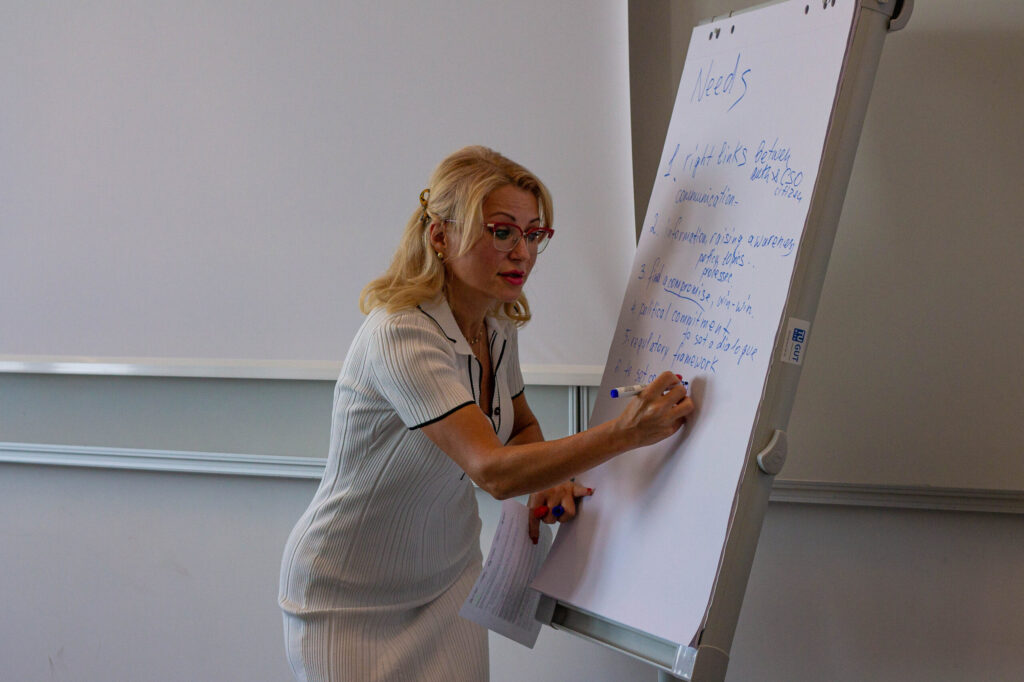
TRANSITION LAB 3 | 11TH DANUBE PARTICIPATION DAY, 2024
Transition Lab 3: Participation and Dialogue
Promoting participation and dialogue involves educating civil society organisations (CSOs) and public officials on digital skills and raising awareness about rights and processes. Establishing a culture of participation from the grassroots level is essential. Political commitment to dialogue, needs analysis, and access to open data are necessary for transparency and accountability. Good practices include stakeholder analysis and early citizen involvement in public consultations. Successful examples from various regions demonstrate effective community engagement and the establishment of networks and platforms for participation. Such examples include: community engagement officers in Darmstadt (DE), citizen assemble, public consultations, systematic invitations of public to participate (DE), VIMAdanube.net, bride between civil society organisations and public authorities (UA). Supporting actions include technical and expert assistance, educational programs, and facilitating youth participation through initiatives like Erasmus+.
The results will be used to set future priorities and focus, as well as laying the base for next year´s Danube Participation Day.


